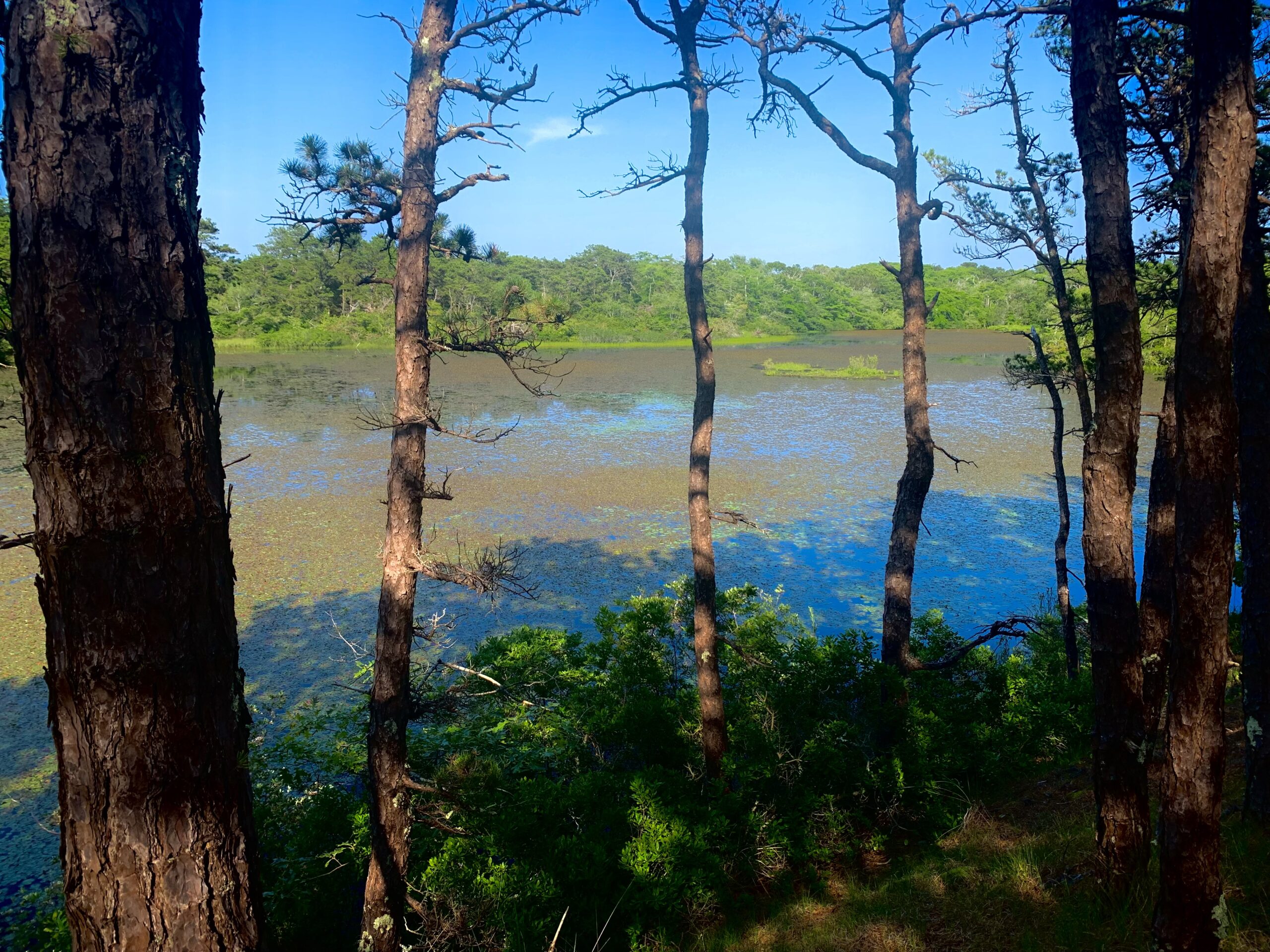Part 2
I trust you spent some time reading, and maybe even listening to Mary Oliver read her poem, “At Blackwater Pond”. If you, like me, are somewhat new to reading poetry, just take solace in that you may not be as new to it as you think. If you have read any of the Psalms from the “Old Testament” portion of the Bible, then you have read poetry. It doesn’t look like our interaction with poetry that we experience in childhood because most of the meter and any possible rhyming patterns are, as we say, lost in translation. Even much of Genesis and the writings of the prophets contain a lot of poetry we sometimes fail to accept and recognize.
Maybe we struggle with accepting the nature of poetry in our scripture, and even accepting poetry of nature in our praise and worship. However, consider this passage from Psalms written, and assuredly spoken, by David:
They drop upon the pastures of the wilderness: and the little hills rejoice on every side.
The pastures are clothed with flocks; the valleys also are covered over with corn; they shout for joy, they also sing.
Psalm 65:12,13
As I read that, I can sense the serenity of sitting on one of those “hillsides” and just allowing my eyes to wander across the landscape with an awe and appreciation.
“At Blackwater Pond” is a breathtaking portrayal of a serene, pristine pond nestled in the heart of nature. Oliver’s ability to depict the quietude of this hidden gem transcends mere words, inviting readers to escape the chaos of modern life and find solace in its waters. The imagery is vivid, painting a blissful picture that stirs the soul, with each line evoking a sense of calm and wonder.
I want to highlight a perspective for which I sensed, and considered, in the opening line; “… the tossed waters have settled after a night of rain.” The tranquility that we often seek in our lives is ushered into ourselves through the “tossed waters” of our daily experiences. These are the type of perspectives that I search for as I continue to “practice” the reading of poetry. Allow myself to search for those ideas and words that the author did not “fill in”. I have learned that poetry is a “dense medium” of fewer words and vast meanings that a good poet invites the reader to exercise the freedom to search for on their own individual journey.
If you are finding yourself even slightly curious to spend more time reading poetry, I encourage you to re-read this poem and in so doing leave behind any remnant of you “trying to know what the author is trying to tell you”. Step into this poem and search for your own path to the “calm” or tranquility you desire to attain.
